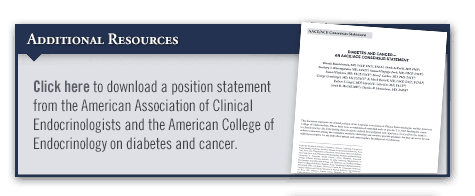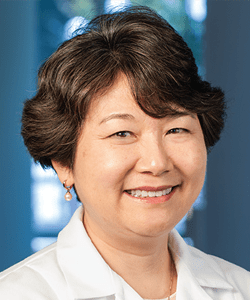Cardiovascular disease (CVD) and cancer are the most prevalent diseases in the current era, and the rates of these diseases continue to rise. More than 2 million breast cancer survivors in the United States are at risk for cardiotoxicity. Pediatric cancer survivors are two to five times more likely than the general population to develop heart disease. Treatment for cancer has become more effective, but cardiac disease in these patients has in turn become increasingly common. CVD can affect their quality of life as well as the course of cancer treatment.
Preventing CVD in Cancer Patients
Preventing CVD in cancer patients is important because aggressive cancer therapies are being used in older patients who may have cardiac problems or cardiovascular risk factors. Furthermore, researchers are identifying cardiac toxicities with new cancer therapies. Cardiotoxicity from cancer treatments include heart failure, hypertension, hypotension, arrhythmias, pericarditis, and myocardial ischemia. Radiation to the chest, leukemias, and chest tumors can lead to pericarditis, myocarditis, valve disease, and coronary artery disease.
Diagnosing cardiotoxicity during cancer treatment can be challenging. Symptoms like fatigue, shortness of breath, and edema are common to cardiac problems but are also adverse effects of cancer therapy. When patients present with these symptoms, they should be referred to cardio-oncology programs for further evaluation.
Collaborative Care Among Cardiologists & Oncologists
At the University of Michigan, cardiologists are collaborating with oncologists to tailor cardiac and cancer therapy to minimize cardiotoxicity. We stratify risk in patients with cardiac disease or CVD risk factors in an effort to optimize these conditions prior to cancer treatment. Cardio-oncology programs:
• Provide prevention and early detection of cardiac complications.
• Monitor cardiovascular conditions during anticancer therapy.
• Offer advice and therapy for CVD that develops during chemotherapy.
The goal of the cardio-oncology program is to eliminate cardiovascular complications as a barrier to effective cancer treatment. To do so, we provide prevention therapies for cardiotoxicity and strive for early detection. We also offer programs to prevent and recover from cardiotoxicity. These programs educate patients to lead a healthy lifestyle and offer information on diet, exercise, and stress management.
Furthering Research Efforts in Cardio-Oncology Programs
Cardio-oncology programs promote collaborative research in the quest for new biomarkers and imaging modalities to detect cardiotoxicity. These programs enable cardiologists and oncologists to collaborate on new treatments for cardiotoxicity as well as new cancer treatments that avoid cardiotoxicity.
Throughout the U.S., the value of collaboration between cardiologists and oncologists is gaining better appreciation. A growing number of cardio-oncology programs are being created across the country, and it’s likely that these programs will help us improve health outcomes in the future.




 admin
admin